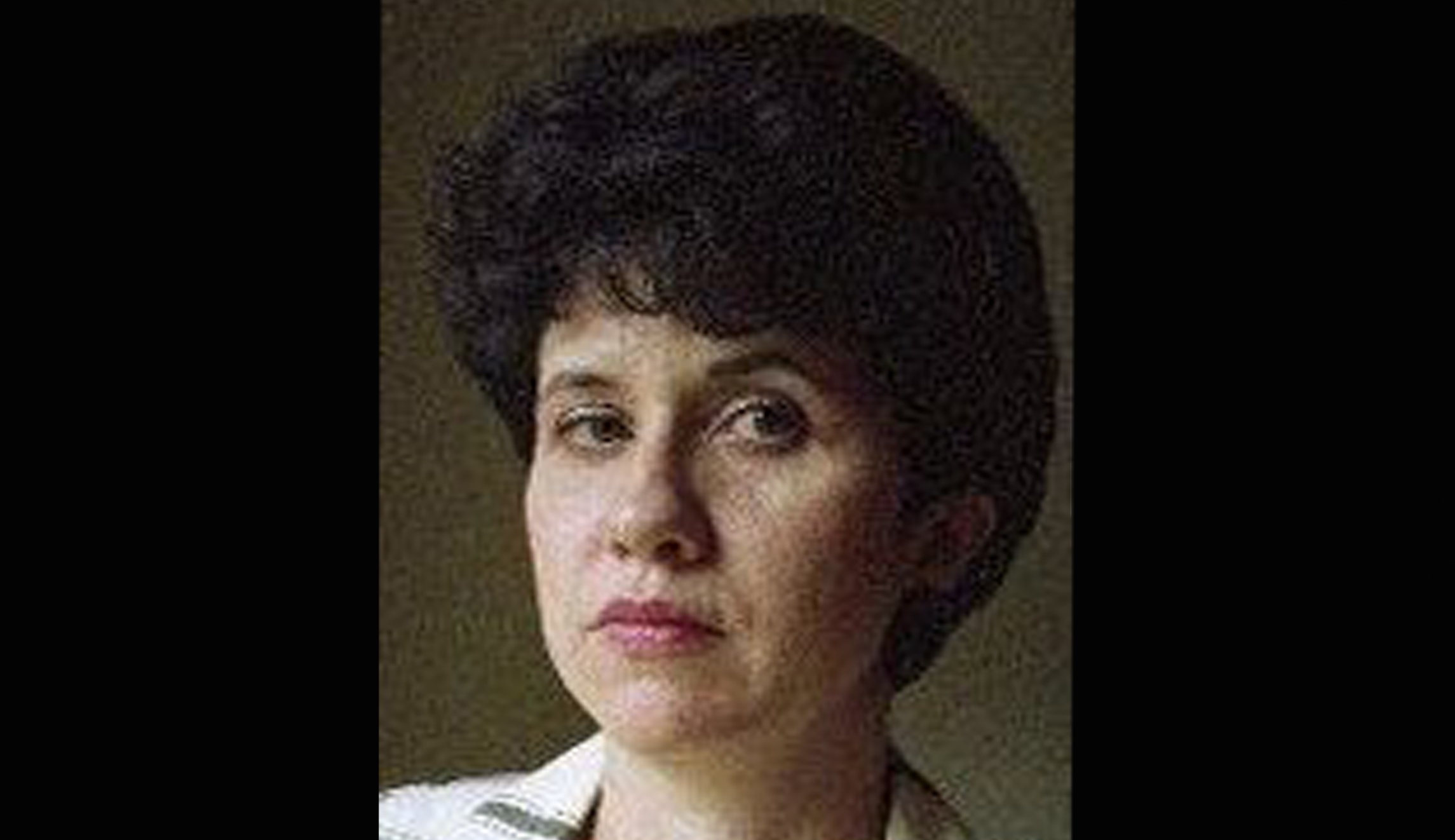Ten years ago today, the most courageous lady I’ve ever known in politics, Beth Rickey, died alone and broke, 1,000 miles from her Lafayette, La., home. This week, 1,300 miles in the other direction from Lafayette, Bard College’s Center for the Study of Hate is announcing an award named in Beth’s honor. It is a fitting tribute indeed, and a timely one.
As I wrote when she died a decade ago, Beth from 1989-91 had been a singular leader in the effort to block neo-Nazi David Duke from establishing a position of real political power in Louisiana. People forget now that with three weeks to go in the Bayou State’s governor’s race, Duke was polling within the margin of error, with momentum on his side. As it was, even in what turned into a landslide loss, Duke received a 55% majority of the state’s white vote.
Please do conduct a web search of my and other accounts of Beth’s astonishing bravery back then. The short version is that when it mattered most, Beth spent down an inheritance and endured multiple, serious death threats to research and promulgate the reality of Duke’s continuing neo-Nazi ties and bizarrely hateful beliefs — even as he used preternatural media-manipulation skills to convince a gullible public that his racist days were long behind him and that he had become a credible, anti-establishment reformer.

Beth certainly wasn’t the only one who moved heaven and earth to produce proof to the contrary, but as a veteran Reagan-Republican activist even at the young age then of 33, she was crucial in giving the lie to Duke’s assertion that opposition to him was just a left-wing smear job. Her conservative credentials were impeccable, and impossible for Duke to discredit.
What struck those of us who admired her then, though, was that she never withdrew from the fray, even though it was patently obvious that the effort was taking a serious toll on her. Beth was not someone naturally comfortable in the spotlight, not one blessed either with a facile glibness or an emotional thick skin making her impervious to attacks. When people verbally assaulted her, she hurt. But she kept on going.
“She was one of the true heroines of my career of more than three decades combating hate,” said Ken Stern, the Bard Center’s director who before that was the director of the anti-Semitism and extremism division of the American Jewish Committee.
In creating the award named for Rickey, Stern said, “I want a new generation who know not of Beth to be inspired by her example.”
With anti-Semitism seriously on the rise today and white supremacists increasingly emboldened both in the United States and abroad, Beth’s memory serves as a reminder that evils must be nipped in the bud to the greatest extent possible, rather than allowed to fester and grow.
Beth did not have any particular animus against Duke personally; what motivated her, as she made clear to so many of us, was a deep and loving belief in individual human potential without regard to race or religion. She was appalled by hateful efforts to dehumanize people. The existence of such attitudes and practices tore at her soul.
Bard College has done well in choosing to commemorate Beth Rickey’s efforts with its new award. The whole body politic should hold dearly to her principles, and emulate her commitment to a truly civil society.
